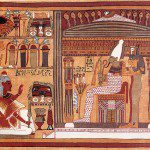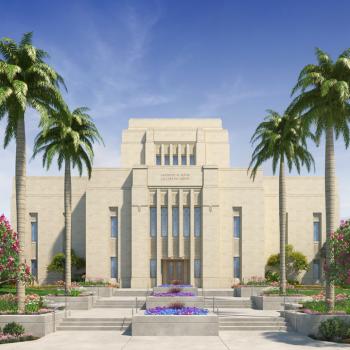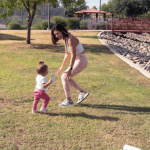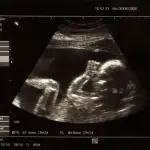
What am I grateful for today? I’m grateful that I have grandchildren, and that my wife and I have the wherewithal to visit them where they live (e.g., in Virginia and in Mexico), and that three generations of our family will be together in our house throughout December and the Christmas season. And that a member of our family’s fourth generation, still living on his own and in his own home, is slated to celebrate his ninety-seventh birthday later this month. And we intend to be there with our three generations.
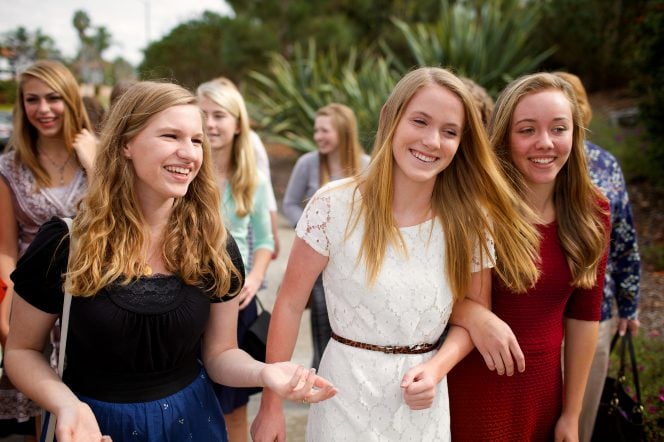
Recently posted on the website of the Interpreter Foundation:
Conference Talks: Women and the Priesthood in the Contemporary Church, presented by Barbara Morgan Gardner on Saturday, 7 November 2020, at the Interpreter Foundation’s 2020 Temple on Mount Zion Conference
“This paper will examine similarities between the account of the sacrifice and epiphany of the first parents in Moses 5:1-15 and analogous accounts found in apocryphal literature of the late antique and medieval periods. Apocryphal texts I will consider include primarily the Greek Life of Adam and Eve (also known as the Apocalypse of Moses) and secondarily the Conflict of Adam and Eve with Satan, the Cave of Treasures, the medieval Jewish Sefer Raziel, and Islamic collections of Qisas al-Anbiya’ (“Stories of the Prophets”). The focus will be not only on the content of the narratives, but also on structural elements such as voice and narrative flow. Based on this examination, I will argue that some of these texts have a common type of origin, being both revelatory and oriented to a ritual context, while others belong to different types associated with different historical contexts. I will show how this typological approach could inform dialogue between scholars of Restoration scripture and those researching the origins of other traditions’ sacred texts.”
The New Testament in Context Lesson 50: “They Overcame … by the Blood of the Lamb” (Revelation 6–14)
In the 19 November 2023 Come, Follow Me segment of the Interpreter Radio Show, Bruce Webster and Robert Boylan joined for a discussion of New Testament lesson 51, “They Overcame . . . by the Blood of the Lamb” covering Revelation 6–14.
A recording is now available to you, having been edited to remove commercial breaks. The other segments of the 19 November 2023 radio show are accessible to you for no charge at https://interpreterfoundation.org/interpreter-radio-show-november-19-2023. (See immediately below.)
Interpreter Radio Show — November 19, 2023
For the 19 November 2023 episode of the Interpreter Radio Show, Bruce Webster and Robert Boylan discussed Come, Follow Me New Testament lesson 51 (see immediately above), Church membership controversies, the recent article by Allen Wyatt in Interpreter, the growth of missionary work, and Book of Mormon study resources. You can now listen to an archived recording of their conversation, which is made available to you for free and shorn of commercial breaks.
The “New Testament in Context” portion of this show, for the Come, Follow Me New Testament lesson 51 was posted separately on Tuesday, 5 December 2023. (See immediately above.)
The Interpreter Radio Show can be heard live on Sunday evenings from 7 to 9 PM (MDT), on K-TALK, AM 1640, or you can listen live on the Internet at ktalkmedia.com.
Once again, Jonn Claybaugh generously supplies a concise set of notes for students and teachers of the “Come, Follow Me” curriculum of the Church of Jesus Christ of Latter-day Saints.
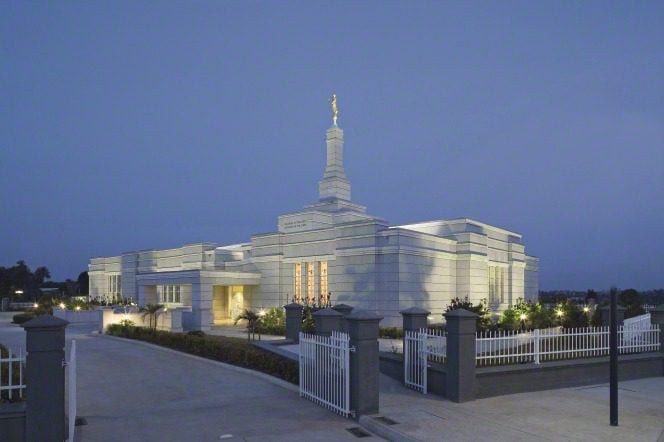
Another of my very favorite Christmas songs is the Nigerian carol Betelehemu, by by Via Olatunji and Wendell Whalum. I first heard it performed by the BYU Men’s Chorus, so I’ve included here a link to their recording of it. But that recording doesn’t provide video, so I’m also giving you a link to a Tabernacle Choir performance of the carol that I don’t like quite as much, but that is still fun to watch. And here are the lyrics, in the original Yoruba, with a pronunciation guide (in all caps) and a translation:
Betelehemu, Betelehemu
BEH-TEH-LEH-HEH-MUH, BEH-TEH-LEH-HEH-MUH
Bethlehem, Bethlehem
Awa yi o ri Baba gbojule
AH-WAH EE-OH, REE BAH-BAH, BO JOO-LEH
We are glad that we have a Father to trust
Awa yi o ri Baba fehenti
AH-WAH EE-OH, REE BAH-BAH FEH-HIN-TEE
We are glad that we have a Father to rely on
Nibo labi Jesu?
NEE-BO LAH-BEE, JEH-SOO
Where was Jesus born?
Nibo labi bii?
NEE-BO LAH-BEE, BEE-EE
Where was he born?
Betelehemu ilu ara
BEH-TEH-LEH-HEH-MUH, EE-LOO AH-RAH
Bethehem, the city of wonder
Nibe labi Baba o daju
NEE-BAY LAH-BEE, BAH-BAH OH DAH-JOO
That is where the Father was born, for sure
Iyin, iyin, iyin nifuno
EEE-YIN, EEE-YIN, EEYIN NEE-FOO-NOH
Praise, praise, praise be to him
Adupe fun o, Adupe fun o
AH-DOO-P’WEH FOO-NOH, AH-DOO-P’WEH FOO-NOH
We thank thee, we thank thee
Adupe fun o jooni, Baba oloreo
AH-DOO-P’WEH FOO-NOH, JO-OH-NEE, BAH-BAH O-LOH-RAY-OH
We thank thee for this day, Gracious Father
Iyin fun o Baba anu, Baba toda wasi
EEE-YIN FOO-NOH BAH-BAH AH-NOO, BAH-BAH TOH-DAH WAH-SEE
Praise be to thee, Merciful Father

I found this in the Christopher Hitchens “How Religion Poisons Everything” File™. It is indeed, as one person noted, “a class act”: “Watch: Opponent drops to a knee and prays for Trevor Lawrence after injury: Cincinnati Bengals defender Trey Hendrickson earned praise for his show of support for the quarterback”
And I recommend this relatively short recent article from Terry Givens, which I also found in the Hitchens File: “Perspective: A Christmas season reflection on the body of Christ and human equality: Christianity quenched a thirst that had never found perfect resolution”



